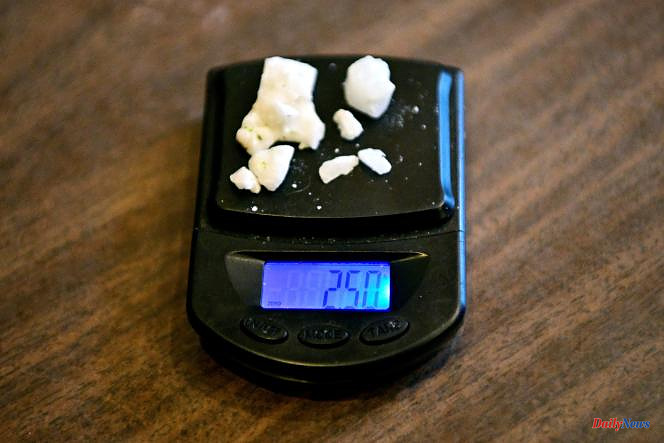Canada continues its revolution. The Canadian biotechnology company, Sunshine Earth Labs, announced on Thursday March 2 that it had obtained a license from the country's federal health agency to produce and sell cocaine.
This license agreement comes after a radical change in the positions of the State, which is seeking to deal with a serious crisis of opiate overdoses which have caused thousands of deaths, by decriminalizing the possession of small quantities of cocaine, heroin and other so-called hard drugs.
Ottawa thus granted a derogation from the Canadian penal code, in January, to the province of British Columbia (west), for a three-year pilot project. The aim is to address the stigma associated with drug use that prevents some from seeking help. Advocates for the measure are also calling for a safer supply of drugs to be available for people with addictions. They face an increased risk of overdose linked to drugs bought illegally on the street.
In a statement, Sunshine Earth Labs says it has received permission from Health Canada to "lawfully possess, produce, sell, and distribute coca leaf and cocaine," as well as morphine, ecstasy, and the heroine.
L'exemple de l'Oregon
A similar licensing deal had been offered in February to another company, Adastra Labs, which until then had only made products related to cannabis extracts. Adastra's license further allows it to produce psilocybin and psilocin, hallucinogens more commonly associated with mushrooms, the consumption of which produces effects similar to LSD.
"We will assess how the commercialization of this substance fits into our business model at Adastra, to position ourselves to support the demand for a safe supply of cocaine," said its boss, Michael Forbes.
British Columbia follows the US state of Oregon (northwest) which decriminalized so-called hard drugs in November 2020. The province is the epicenter of a crisis which has seen more than 10,000 people die of overdose since a public health emergency was declared in 2016 – accounting for around six daily deaths, out of a population of some five million.












